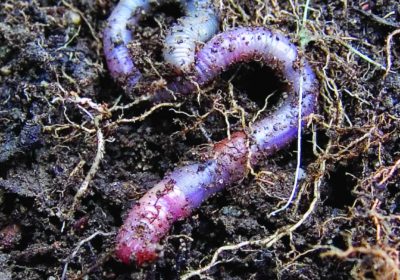Forest Service Explains Early Fire Strategy
With the Pagami Creek Fire currently 30% contained, Forest Service officials took time to explain why they let the lightening-caused fire burn prior to the day it blazed across 80,000 acres of forest in a matter of hours.


